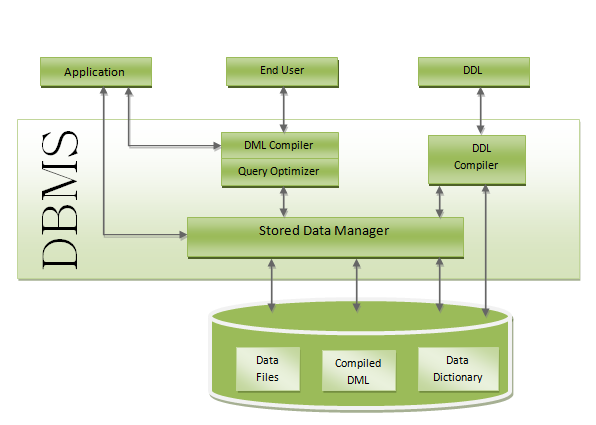Following Key Topics to Cover in Corporate DBMS
Development-
1) Introduction to Database Systems
- Overview of Database Concepts
- Types of Database Management Systems
- Relational vs. Non-relational Databases
- Database Architecture and Components
2) Database Design and Modeling
- Entity-Relationship (ER) Modeling
- Normalization and Denormalization
- Database Design Best Practices
- Schema Design and Optimization
3) SQL Fundamentals
- Structured Query Language (SQL) Basics
- Creating and Managing Database Objects
- Querying Data with SELECT Statements
- Advanced SQL Techniques
4) Database Administration
- Installing and Configuring DBMS
- Managing User Access and Permissions
- Backup and Recovery Strategies
- Performance Monitoring and Tuning
5) Data Security and Compliance
- Database Security Best Practices
- Encryption and Data Masking
- Auditing and Compliance Reporting
- Ensuring GDPR and Regulatory Compliance
6) Database Integration and Interoperability
- Integration with Applications and APIs
- Data Migration and Synchronization
- ETL (Extract, Transform, Load) Processes
- Real-time Data Integration Techniques
7) Big Data and NoSQL Technologies
- Overview of NoSQL Databases
-
Implementing Document, Key-Value, and Columnar
Databases
- Scaling and Sharding NoSQL Databases
- Integrating NoSQL with Traditional RDBMS
8) Advanced Topics in DBMS
- Database Replication and Clustering
- Distributed Database Systems
- Database Performance Optimization Techniques
-
Blockchain and Distributed Ledger Technologies
Mastering corporate DBMS development equips
individuals to design, implement, and manage database
solutions effectively. This curriculum covers core
DBMS concepts, database design and modeling, SQL
fundamentals, administration tasks, security and
compliance, integration and interoperability, NoSQL
technologies, and advanced DBMS topics. By
understanding these topics, you can contribute
effectively to database projects and enhance your
career prospects in the data management field.



